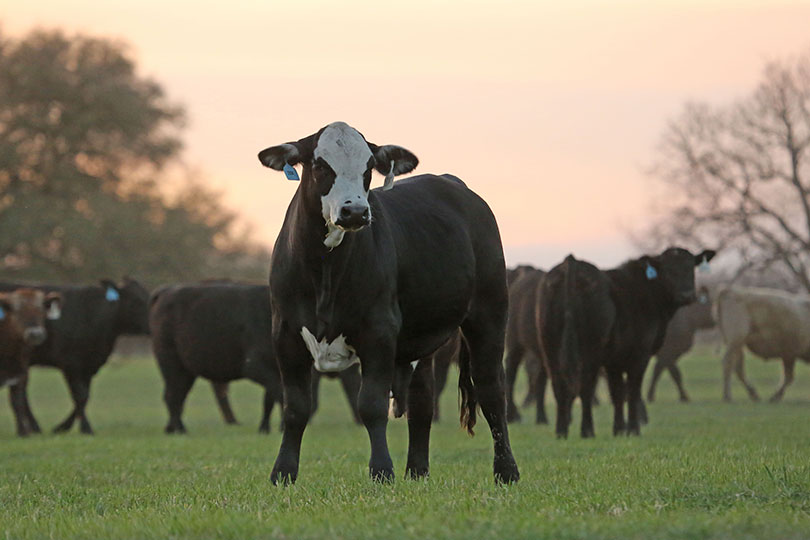By Julie Tomascik
Editor
The U.S. Department of Agriculture (USDA) announced imports of Mexican cattle and bison will resume with new inspection protocols to protect against the New World screwworm (NWS).
USDA’s Animal and Plant Health Inspection Service (APHSI) initially halted shipments of cattle and bison from Mexico in late November 2024 after a positive detection of the screwworm.
“After extensive discussions between representatives from the countries, APHIS and Mexico agreed to and implemented a comprehensive pre-clearance inspection and treatment protocol to ensure safe movement and mitigate the threat of NWS,” the agency said in a news release.
The new protocols, developed in collaboration with Mexican authorities, aim to prevent the spread of the parasite into the United States.
The measures include enhanced inspections, stricter treatment protocols and increased monitoring at select, APHIS-approved border facilities to ensure cattle and bison entering the U.S. are free of screwworm infestations. Trained veterinarians will treat and inspect animals for screwworms before they move into the U.S., and all imported livestock will undergo a dipping process to eliminate ticks and other insects.
“As part of the protocol signed between the countries, Mexico identified and prepared pre-export inspection pens in San Jeronimo, Chihuahua, and Agua Prieta, Sonora, which APHIS has now visited, inspected and approved,” the agency said in a news release. “Cattle and bison will be inspected and treated for screwworm by trained and authorized veterinarians prior to entering the pre-export inspection pens, where they will again undergo inspection by Mexican officials before proceeding to final APHIS inspection then crossing at the Santa Teresa and Douglas Ports of Entry, respectively.”
APHIS will continue working with Mexico and Central America to eradicate NWS from the affected areas and to reestablish the biological barrier in Panama, which has existed since 2006.
A complete list of regions APHIS recognizes as affected by screwworm, as well as more detailed information on trade restrictions, can be found on the USDA APHIS Animal Health Status of Regions website.
Clinical signs of NWS infestation in livestock include: irritated or depressed behavior, loss of appetite, head shaking, smell of decaying flesh, evidence of fly strike, presence of fly larvae in wounds and isolation from other animals or people.
Ranchers should immediately notify their veterinarian if they suspect suspicious wounds, maggots or infestations.
Click here for more information about screwworms.


Leave A Comment